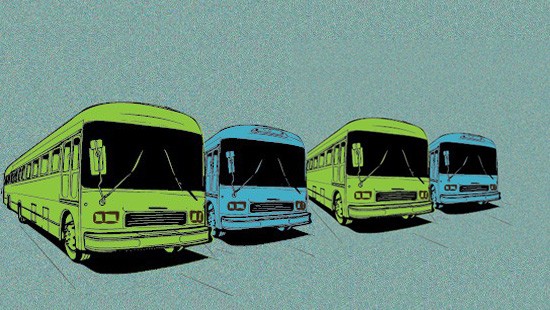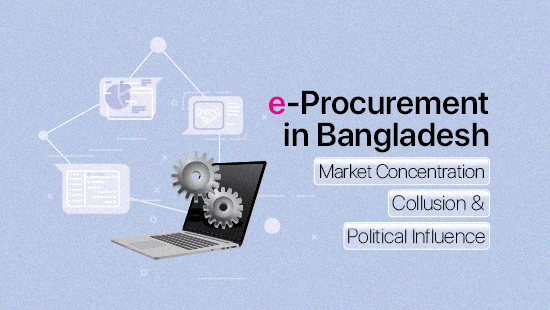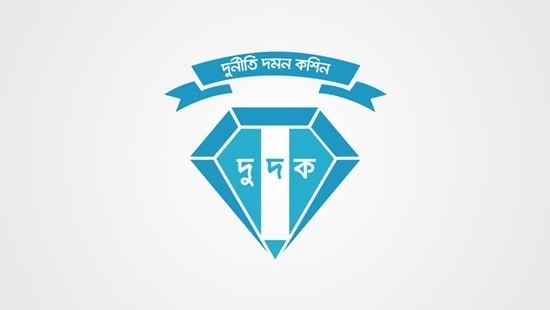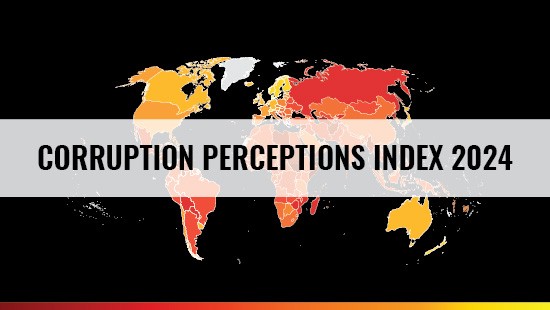Press Release
Dhaka, 5 October 2023: Bangladesh, despite having robust legal frameworks and policies, faces challenges in fulfilling its United Nations Convention Against Corruption (UNCAC) commitments due to a lack of proactive measures, capacity constraints, coordination issues, and enforcement gaps, leading to persistent corruption and money laundering challenges. These crucial findings stem from an in-depth second-cycle assessment, focusing on Corruption Prevention (Chapter II) and Stolen Asset Recovery (Chapter V) within the globally recognized UNCAC, a leading legally binding treaty against corruption.
Dr. Iftekharuzzaman, Executive Director of Transparency International Bangladesh (TIB), presented these findings during a press conference at TIB's Dhaka office. He was joined by Advocate Sultana Kamal, Chairperson of TIB's Board of Trustees; Professor Dr. Sumaiya Khair, Adviser of TIB's Executive Management Team; Sheikh Manjur-E-Alam, Director of Outreach and Communication; and Fatema Afroz, Researcher of the Review.
The assessment has revealed significant obstacles in Bangladesh's anti-corruption endeavours, including ineffective enforcement against corruption in the private sector and foreign bribery. Additionally, unjust changes in legislation and administrative actions have impeded the Anti-Corruption Commission's (ACC) ability to combat corruption effectively. Moreover, the ACC faces challenges due to a shortage of skilled personnel and investigative resources, which limits its capacity to address the increasingly complex landscape of corruption and financial misconduct. Dr. Iftekharuzzaman expressed concerns regarding the ACC's independence, pointing out a problematic provision in the Civil Service Act requiring prior permission for the ACC to arrest public officials under investigation, potentially undermining the commission's autonomy.
Transparency issues persist concerning asset disclosures by civil service personnel, and there is a need to strengthen political financing laws to address non-compliance among political parties. TIB's assessment also highlights corruption in public procurement, despite the presence of institutional frameworks. Dr. Iftekharuzzaman referred to a recent study that unveiled entrenched corruption in the sector, while deficiencies in budget transparency hinder government financial management initiatives.
The UNCAC review uncovers issues affecting citizens, such as limited access to information and participation, corruption within the lower judiciary, and inadequate protection for whistleblowers. Both the media and civil society face arbitrary restrictions when accessing public information, and the reporting mechanisms for whistleblowers are rarely utilized.
Additionally, there are gaps in policies and enforcement concerning money laundering and international efforts to recover illicit funds, which have also been scrutinized. Administrative restrictions and a lack of coordination have significantly weakened the ACC's ability to control money laundering. While the Bangladesh Financial Intelligence Unit (BFIU) has the potential, as part of the Egmont Group, to combat cross-border money laundering, capacity constraints and political influence have hindered both the ACC and BFIU in their efforts.
Dr. Iftekharuzzaman, addressing inquiries about money laundering, stressed the insufficiency of current initiatives and coordination, asserting, "Strategic steps are lacking. While the government has a repatriation roadmap, gaps in initiative, capacity, and coordination persist, compounded by a lack of determination and courage, particularly in light of the influence wielded by numerous wrongdoers."
Advocate Sultana Kamal, Chairperson of TIB's Board of Trustees, voiced concerns about corruption's adverse effects on both society and government mechanisms. She emphasized the government's duty in tackling this issue and stressed the citizens' right to express their concerns. She expressed hope that the current review would draw the government's attention and result in tangible actions to address the recognized challenges.
Following the review, TIB has proposed a series of reforms, including ensuring ACC and judiciary autonomy, lifting civic space restrictions, improving transparency in financial management, strengthening anti-bribery laws, enhancing ACC's capacity, and improving ACC-BFIU coordination against money laundering and illicit funds.
Media Contact:
Sheikh Manjur-E-Alam
Director, Outreach & Communication
Telephone: +8802 41021267-70
Email: manjur@ti-bangladesh.org







